Mental health of chefs and hospitality’s high suicide rate in the spotlight
The co-owner of George Calombaris’ collapsed firm has revealed the pressure the celebrity chef was under and that he was forced to cease work on a major project.

For the past several months, embattled celebrity chef George Calombaris was part of a growing movement of hospitality industry figures pushing for radical change.
Part of his mission involved shifting the notorious culture in professional kitchens – which a leading academic has described as “toxic” – with a particular focus on mental wellbeing.
There were meditation sessions for staff of his now-collapsed Made Establishment, with other Melbourne hospitality workers also welcome, a weekly cap on work hours to dissuade against long and gruelling days that are seen as the norm, and a focus on emotional welfare.
The push followed Fair Work Australia’s issuing of an enforceable undertaking over the $7.8 million of wage underpayments over several years.
The news of Calomabris’ behind the scenes efforts comes as the co-owner of his company has said, “George has carried a huge amount of the burden,” of the firm’s woes.
Some might’ve interpreted Calombaris’s efforts – which have now ceased with the closure of his business – as part of some public relations strategy to save his restaurant empire.
Except, there’s no indication he sought any attention for it.
Instead, it was said he was rattled by the devastating death by suicide of acclaimed Sydney chef Jeremy Strode in 2017. He was 54.
“There are some really amazing aspects of the hospitality industry,” his son, Max Dowzer-Strode, told news.com.au.
“It’s a very tight community and promotes some great friendships – two things that can have a positive impact on your mental wellbeing.
“But obviously, it does have a dark side. The long hours, the high pressure and a ‘push on’ mentality are definitely there.”
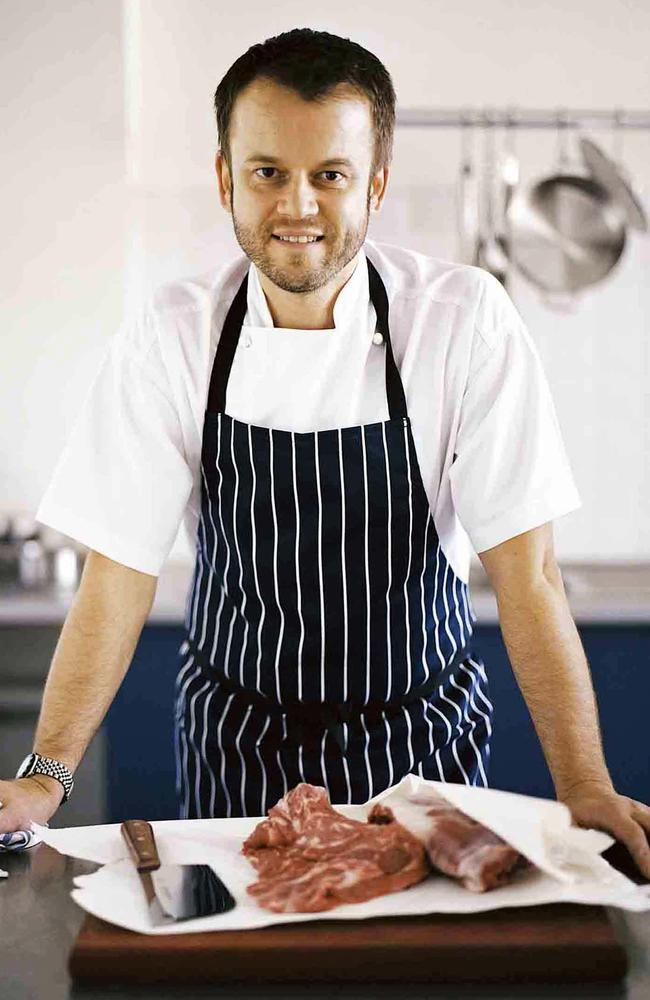
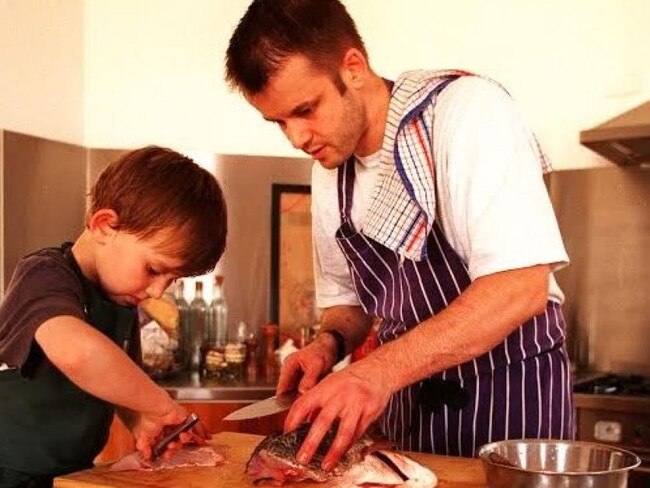
Richard Robinson from The University of Queensland’s business school – also a former chef – has researched the realities of working in kitchens and found that despite “unrelenting pressure and abuse”, people are expected to bottle it up.
Interview subjects, from culinary school students to apprentice chefs and industry veterans, told Dr Robinson of the mental and physical health implications of work conditions.
As well as intense pressure and unhealthy expectations on working hours, he said that bullying, sexism and torment can also be common.
“Behaviour that would be completely unacceptable in other professions or in the community is institutionalised and even celebrated in kitchens,” he said.
“We urgently need to change industry attitudes and behaviours so that cookery is not only seen as an attractive occupation to enter, but also offers a rewarding long-term career in which chefs can flourish and be treated with dignity and respect.”
RELATED: Kitchen nightmares show George Calombaris’ wage theft scandal is tip of the iceberg, experts say
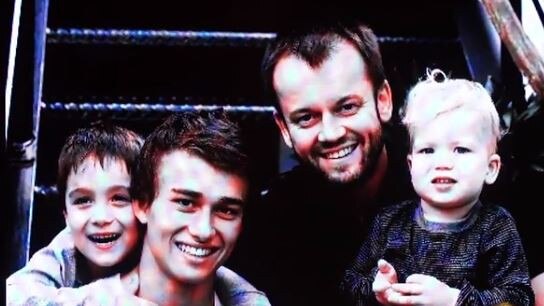
Mr Dowzer-Strode grew up in his dad’s kitchens and even as a child, the extraordinary passion was evident.
“He was so incredibly energetic,” he recalled.
“If he got some new produce in or had heard about something a fellow chef was doing, he’d talk a million miles an hour and chew your ear off about it. Seeing that kind of passion was pretty inspiring.”
Mr Dowzer-Strode watched him at work with wonder and realised pretty early on that being a chef wasn’t merely a job – it was a craft and “almost a lifestyle”.
But the job is extremely hard on those who perform it.
As a boy, his dad would have already left for work before he woke up and would return long after he had gone to bed.
“That was just a normal part of it,” Mr Dowzer-Strode said.
“It’s obviously a lot of pressure, but not only in the kitchen during service. When you own your own business, you’ve got that side of things on your shoulders as well.”
RELATED: What’s killing the world’s great chefs
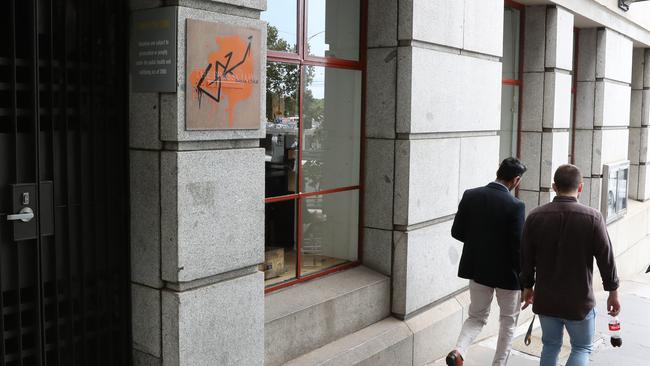
There’s a great deal of camaraderie among chefs, he said, built by a shared understanding of how tough the job is.
But there also exists a “push on” and “toughen up” mentality, he said.
It’s estimated that of the more than 3100 people who die by suicide each year in Australia, one-in-five work in the hospitality sector.
There have been a spate of suicides, here and abroad, of chefs in recent years, from Mr Strode to fellow Sydney star Justin Bull, and the iconic American giant Anthony Bourdain.
Hospo for Life and Food for Thought are two local organisations that have been started by chefs to help support those struggling, recognising the need for action.
Research by the suicide prevention not-for-profit RUOK? found that 80 per cent of hospitality workers believed mental health issues were a major challenge for the industry.
Two years before his death, Mr Strode organised a charity event for RUOK Day and in an event to promote the dinner, acknowledged his own challenges.
“The hospitality industry is renowned for its unforgiving nature, adding pressure personally and on our relationships,” he said.
“Having the foresight and taking the time to have a conversation with someone you may or may not know and asking if they’re okay is a wonderful thing.”
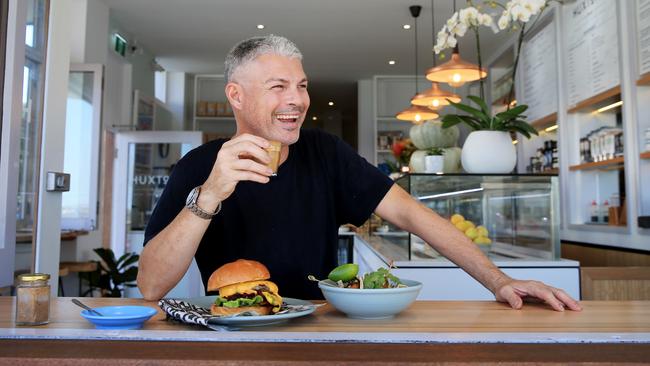
Mr Dowzer-Strode said helping out in his dad’s restaurant as a kid “were probably my favourite times with him”.
“I hope something as horrific as this can raise some awareness and encourage people to seek help when they need it, and importantly, for everyone to ask others if they’re OK and check in.
“There’s definitely a movement among chefs towards getting better at supporting each other. People are starting to take it more seriously.
“There’s an understanding of the need to foster environments where people feel OK to be vulnerable, rather than the environment that’s existed previously where many chefs feel they can’t speak up if they’re struggling.”
RELATED: Inside the spectacular collapse of George Calombaris’ hospitality empire
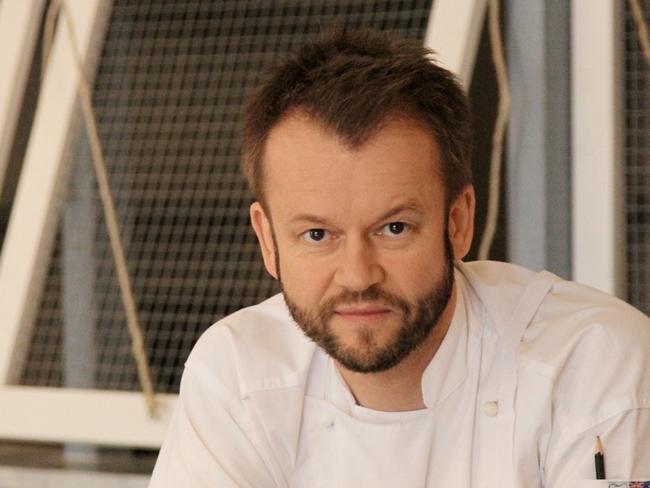
In a statement today, Radek Sali, chairman of Light Warrior – the company that bought into Made Establishment, and whose investment led to a routine audit that uncovered the underpayments – spoke of the impact on staff of the collapse.
“The past few weeks have been some of the saddest and most challenging we have experienced in our time doing business,” he said.
“This has been deeply felt. We did everything in our power to try and avoid this result.
“Sadly, my good friend and colleague George has carried a huge amount of the burden and things have not been much better for our extraordinary team at Made, many of whom are close friends, whom I am forever thankful to for doing everything possible to turn the business around.
“I am really sorry that we were not successful.
“Having watched the conversation and much misinformation surface throughout the week I feel compelled to ask that people show empathy and respect for our team,” he said.
“There are so many people impacted by this decision to close the business. They are now at the centre of national debate and the subject of misreporting of facts. This takes an extensive personal toll on individuals who have done all they can to keep the business going.
“Since considering an administration process, the care and welfare of our team has been the number one priority, we now ask the same from the Australian media and general public.”

